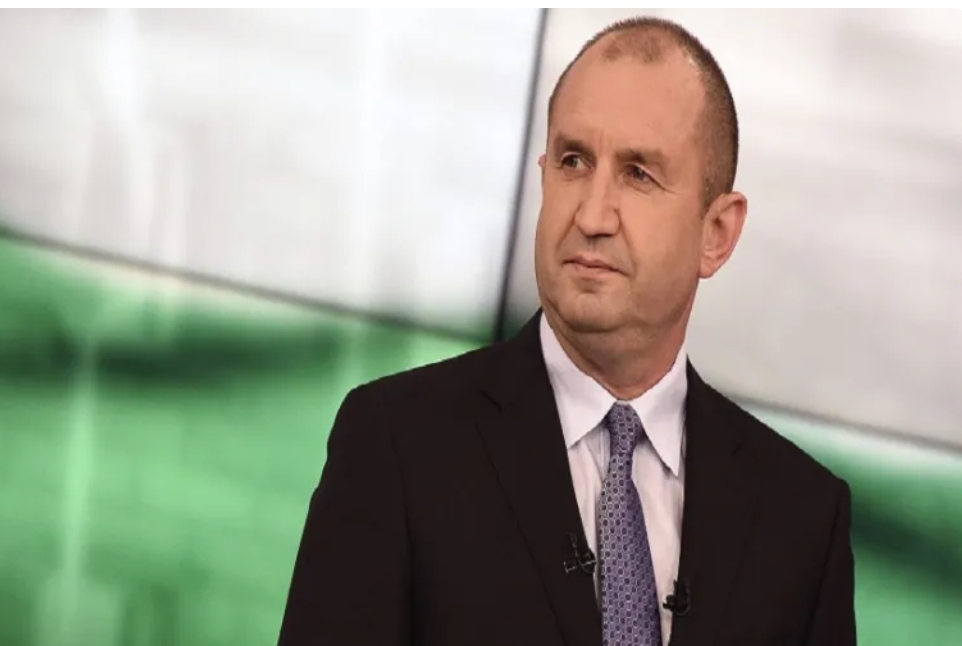
The European Union must take the activities of Belgrade within the framework of the so-called “Serbian World doctrine” very seriously, said Bulgarian President, Rumen Radev.
He warned that this doctrine could thus pose a threat to the stability of the Western Balkans.
“The Western Balkans is a critical security hotspot that requires the full attention of the European Union… I believe it is the right time for all European institutions to take this problem much more seriously. This is an extremely sensitive issue for us as well,” Radev said.
He made these statements while responding to a journalist’s question regarding the risks posed by the “Serbian World” project and how this initiative from Belgrade affects security in the region, writes aktuelno.me, transmitted by The Geopost.
Days ago, the European Parliament rapporteur for Serbia, Tonino Picula, also warned about the danger of the “Serbian World” project, which aims to reconstruct a part of the former Yugoslavia with Serbia at its center, regaining control over Kosovo and bringing currently independent states such as Montenegro, North Macedonia, parts of Bosnia and Herzegovina, and others, back into Belgrade’s orbit.
“Serbian World” acts as a smaller-scale version of Slobodan Milošević’s “Greater Serbia” project, but also as a counterpart to the “Russian World” concept promoted by Vladimir Putin, who once said that Russia has no borders. Both projects are based, among other things, on the influence of the Orthodox Church.
In early June 2024, Serbian President Aleksandar Vučić chaired the so-called Serbian National Assembly in Belgrade, which gathered representatives of Serbs from all over the former Yugoslavia. At that strategic meeting, the so-called All-Serbian Declaration was adopted, which presented a plan for the implementation of the “Serbian World” concept on paper.
The Serbian document describes Kosovo as “an integral part of Serbia,” while Republika Srpska—the Serb-majority entity in Bosnia and Herzegovina—is defined as a “national interest of Serbia.”
By March 2025, less than a year after the event, the consequences were imminent.
Croatia, Albania, and Kosovo announced the creation of a military alliance, while Serbia and Hungary, on the other hand, signed their own military pact.
Vučić promised to build “the strongest and most technologically advanced army in the country’s history,” which caused concern among neighbors and Western observers regarding Belgrade’s increasingly emphasized ambitions in the Balkans.
Vučić also openly claimed that Bulgaria had been invited to join the military bloc surrounding his country, but authorities in Sofia quickly dismissed such speculation.
“Flying tanks”
For years, Belgrade has been intensively arming its military with modern weapon systems, including French fighter jets and Russian attack helicopters, which Vučić described as “flying tanks.” Immediately after the Russian invasion of Ukraine, Belgrade also purchased Chinese air defense systems. Reports also indicate that Serbia has acquired thousands of Iranian “Shahed” drones, which Russia has frequently used in attacks on Ukrainian cities.
Under Vučić’s leadership, Belgrade has revived the spirit of Slobodan Milošević through an authoritarian consolidation of power, nationalist rhetoric, and regional provocations that recall the era of the Yugoslav Wars of the 1990s, ethnic conflicts, and isolation.
Vučić was Milošević’s Minister of Propaganda and, in all likelihood, fully understands the goals of his former mentor for “Greater Serbia” and their consequences, concludes the portal EU alive./KosovaPress/

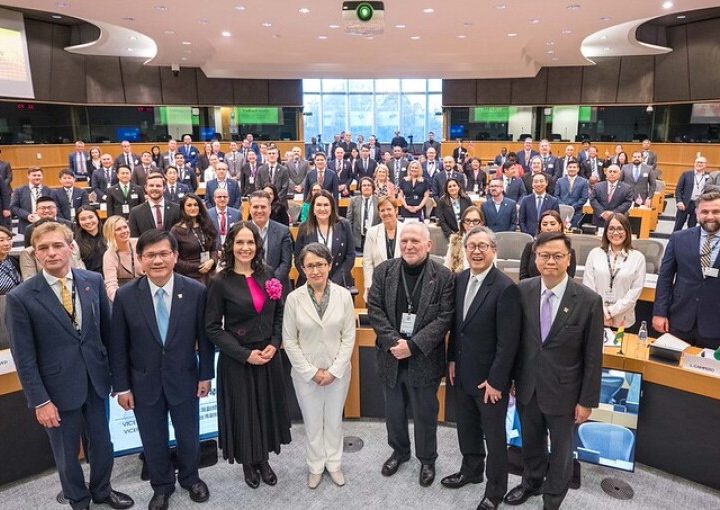 Japan and Europe come together in support of Taiwan
Japan and Europe come together in support of Taiwan 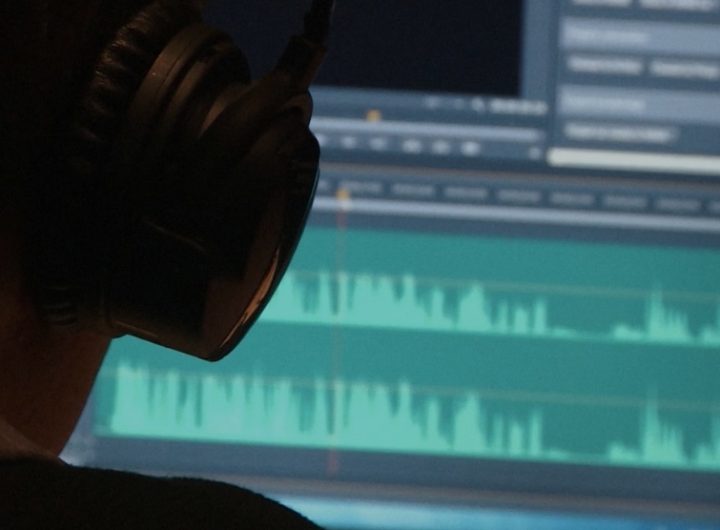 BIRN journalist: Media workers in Serbia exposed to digital attacks and secret surveillance – most cases go unnoticed
BIRN journalist: Media workers in Serbia exposed to digital attacks and secret surveillance – most cases go unnoticed 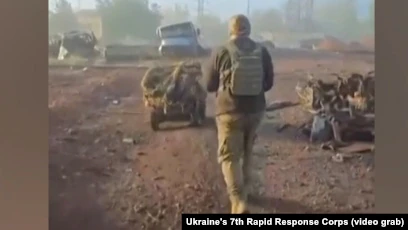 Robot Soldiers: Ground Drones On The Ukrainian Front Lines
Robot Soldiers: Ground Drones On The Ukrainian Front Lines 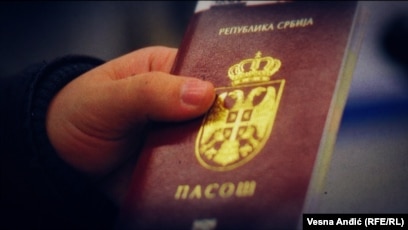 Possible security risks’ in serbian passports for russian citizens
Possible security risks’ in serbian passports for russian citizens 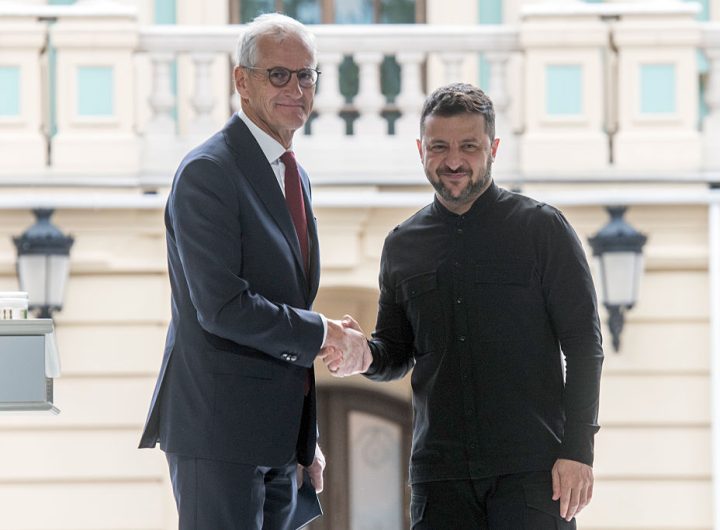 Norway urged to tap €1.8tn fund to help EU unlock Ukraine loan
Norway urged to tap €1.8tn fund to help EU unlock Ukraine loan  EU Launches ‘Democracy Shield’ to fight russian disinformation and protect electoral process
EU Launches ‘Democracy Shield’ to fight russian disinformation and protect electoral process